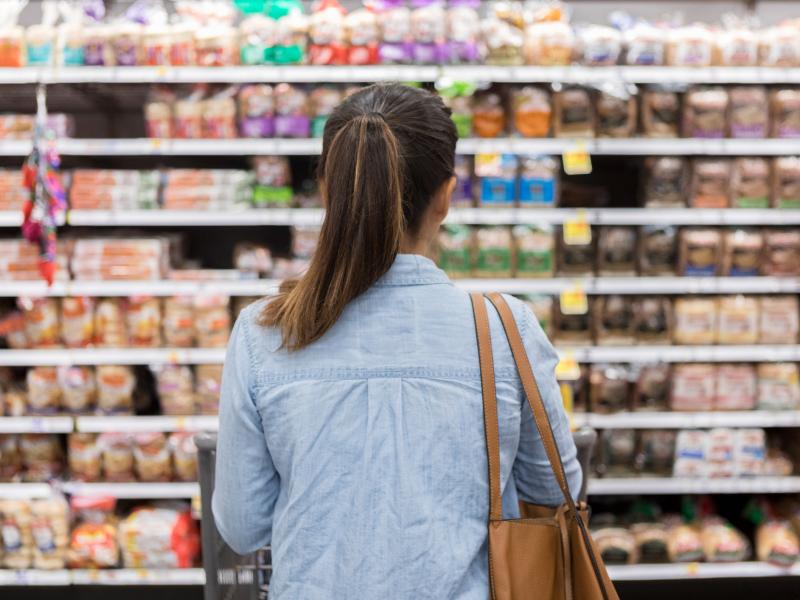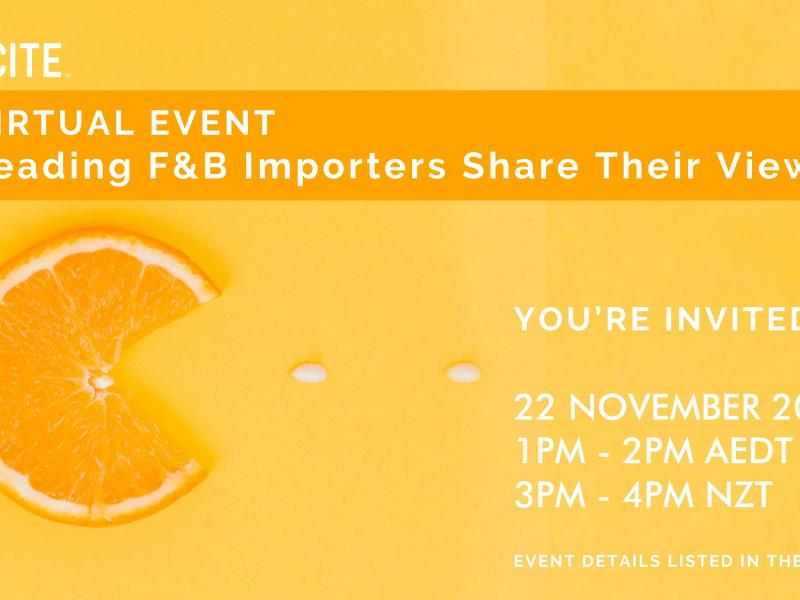Leading exporter Tony Nowell is urging New Zealand businesses to pay close attention to their supply chain integrity following Fonterra’s discovery of potentially lethal bacteria in a batch of whey protein concentrate.
Nowell, who is New Zealand’s representative on the Asia-Pacific Economic Cooperation (APEC) Policy Partnership for Food Security, says exporters should do everything they can to track and understand each point along their product’s supply chain.
The contaminated WPC80 whey protein concentrate, used in infant formula and sports drinks, has been sent to China, Malaysia, Vietnam, Saudi Arabia, Australia and Thailand.
News of the contamination has sparked partial bans and widespread product recalls. The incident threatens reputational damage to Fonterra and New Zealand as a whole.
Nowell, who is also a New Zealand representative on the APEC Business Advisory Council (ABAC) and a director of ExportNZ, says it is critical that New Zealand exporters do everything they possibly can to maintain the integrity of their supply chain.
“Understand where your ingredients are coming from and where your finished product is going. Know who has custody of that finished product at any point of time. And understand where control points need to be and the risks that someone could contaminate the product.”
Nowell says the advice applies to all companies working with food, pharmaceutical, medicinal or supplement-type products.
“Anything that’s going into a person’s mouth or intravenously into their system has to have very robust supply chain integrity controls in place.”
Nowell says APEC has identified and is “actively working on” the use of global data standards to support supply chain integrity. He says Fonterra has “absolute transparency” in its supply chain from farm through to customer.
“It becomes more complex when you send the ingredient to another major corporate overseas who brands it into another product. You can’t necessarily see for yourself all the way through to the supermarket shelf in China or anywhere else.
“All countries have this problem, not just New Zealand.
“We’re having discussions in the food industry right now as to how we can increase supply chain integrity right through to the customer in these export markets.”
By Ruth Le Pla. Email ruth.lepla@xtra.co.nz





